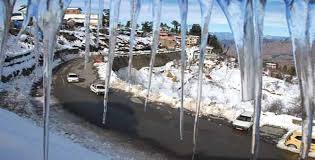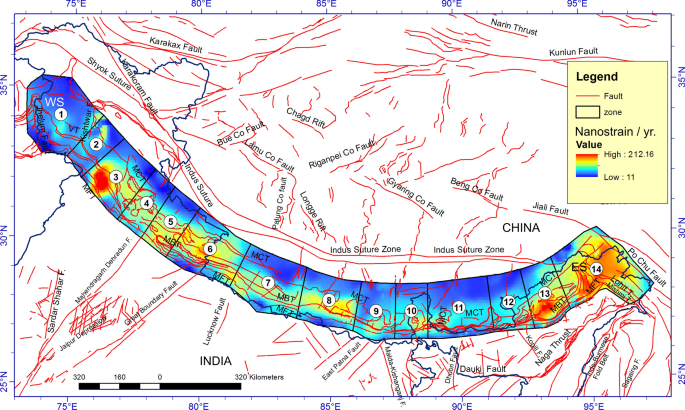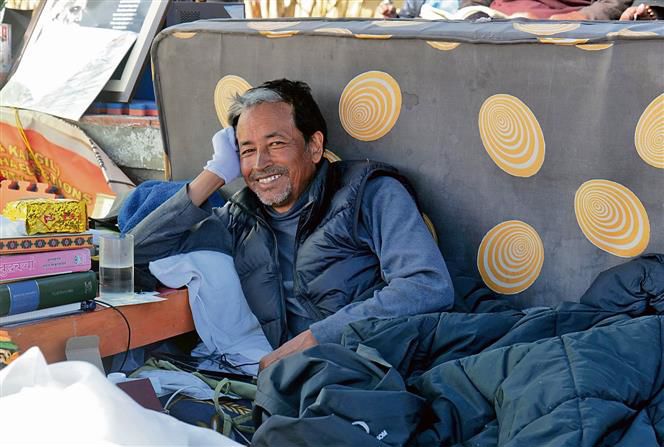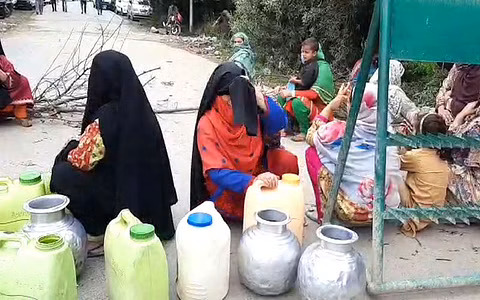There has been a respite in the cold wave in the Valley as the temperature has witnessed an increase. The temperature increased by as much as six degrees at some places due to rain.
“The rise in temperature was due to the cloudy conditions last night,” said Director, Meteorological Department, Sonam Lotus.
Meanwhile, residents are bracing up for ‘chillai kalan’, the 40-day harshest winter period, which begins tomorrow.
During ‘chillai kalan’, which begins with the winter solstice, the chances of snowfall are maximum and most frequent. The weather remains cold during this period and the day temperature also dips drastically, freezing most of the water bodies, including the Dal Lake.
The Meteorological Department has forecast mostly dry weather till December-end.
“Weather as on date and for the next two weeks will be mostly cloudy and dry with rain/snow at isolated places,” Lotus said.
The official said the increase in minimum temperature was also due to rainfall at many places in the plains of Kashmir and snowfall in the higher reaches of the Valley.
Srinagar, the summer capital of the state, which recorded a low of minus 3.6°C on Tuesday, saw 2.3°C last night, a MeT Department official said.
The weatherman said the night temperature in Pahalgam rose from minus 7°C to minus .1°C.
Leh town of the Ladakh region recorded minus 10.5°C last night, over two degrees up from the previous night’s minus 13.2°C, the official said.
He said the mercury in Qazigund in south Kashmir settled at 0°C. Kupwara town in north Kashmir registered 1°C. Gulmarg in north Kashmir recorded minus 5.2°C last night compared to the previous night’s minus 4.6°C.
“For the next 24 hours, the sky will be partly cloudy and the maximum and minimum temperatures will be around 24°C and 10°C, respectively,” the Met department official said.
Freezing cold
During ‘chillai kalan’, the 40-day harshest winter period which begins with the winter solstice, the chances of snowfall are maximum and most frequent
The weather remains cold during this period and the day temperature also dips drastically, freezing most of the water bodies, including the Dal Lake
‘Chillai Kalan’ Harshest winter period is here






